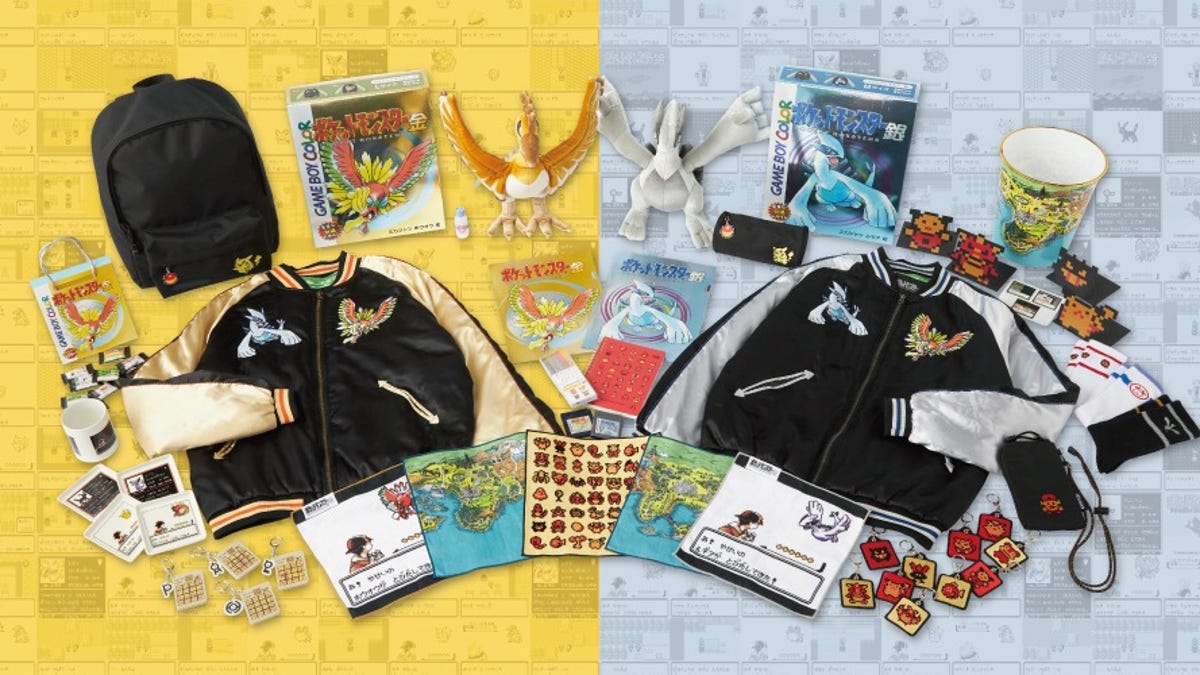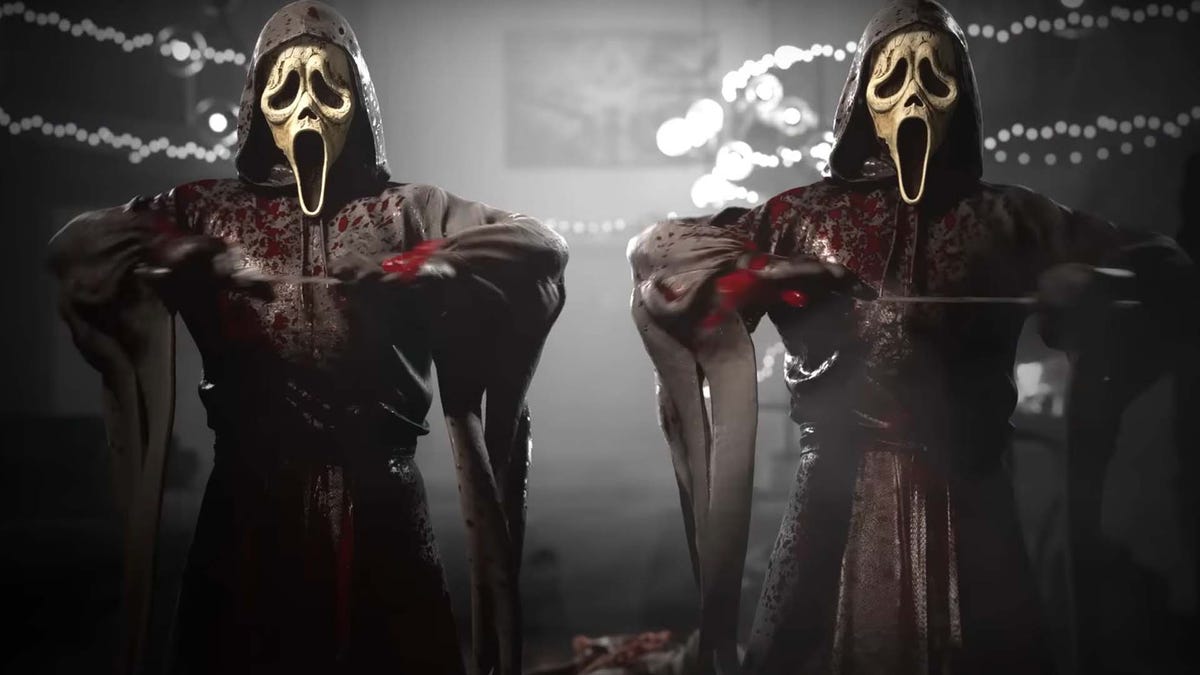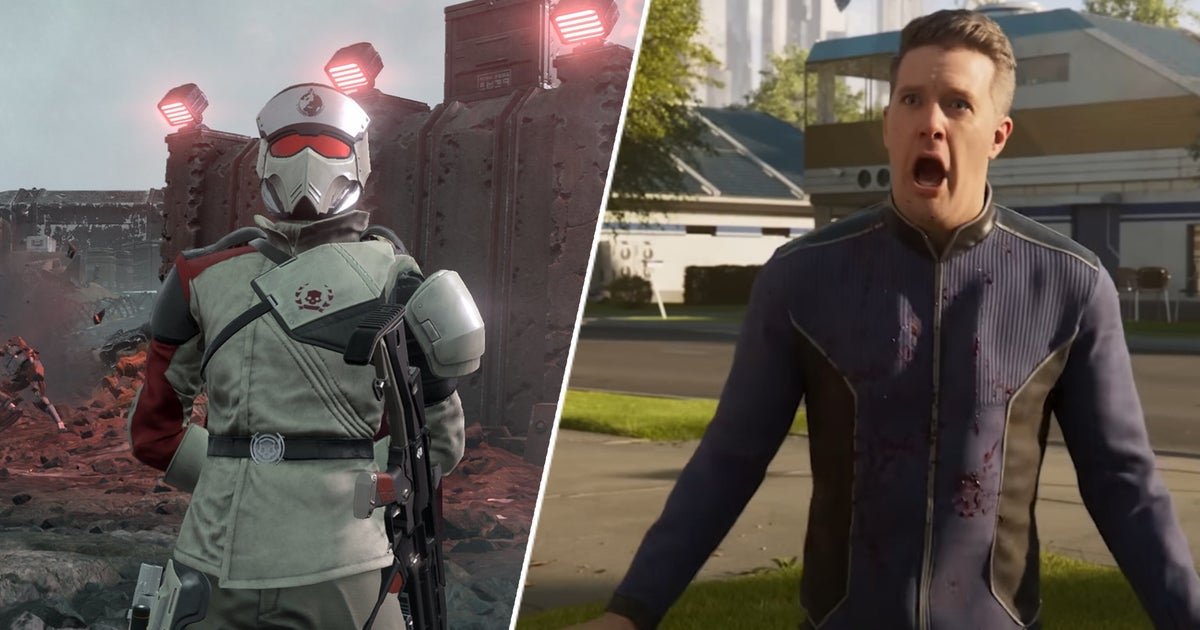We may be facing one of those games that already with the title can do a lot with very little. After Us starts playing on the home screen and that’s all it wants to tell us. It’s a stark and harsh story about what we will leave behind when humanity is gone. “After” represents the post-apocalyptic future that we don’t want to think about and that is fraught with consequences; while “we” are us in the broadest sense of the word.
With this premise, Piccolo Studio composes a delicate symphony, suggestive and at the same time hard and dry. After Us wants to send a clear and transparent message: “What the humans will leave behind.” Since there are no humans in the game, we represent the only thing that can save this wasteland, the one that never gives up: nature. embody Gaiaan anthropomorphic representation of nature, we are tasked with rescuing some totem spirits scattered across the map.
From here, the scenarios marked by our guilt and regret follow one another. Dumpsters, abandoned highways and hundreds of people who have become petrified over time. As Gaia, we will cross the stage in search of traces of life and later use that life as a weapon to find our way through the devastation. Because After Us is essentially a platform game.
Advertising:
After Us is part of this new trend of soft storytelling games that aim to build their story through the player’s experience. Its dialogue does not consist of the few lines of text of the game, but of the feeling of emptiness that the course of the game creates in us and, above all, of the conclusions that form in our heads as the scenes progress. As with its narrative, its artistic part does not want to speak through its contribution, but rather through its lack. After Us design gives us a feeling of loneliness and emptiness in our hearts. Unfortunately, this suggestion also means it’s not a game for everyone, as it can be a dense title and is a bit slow, especially at the beginning.
The gameplay is all based on exploring the environment. Doomsday scenarios unfold beneath our bare feet as we jump between dead cars and buildings. The skills we have are basic but well executed. We’ll use jumps and double jumps, paragliders and acceleration to navigate through the wreckage of human civilization. Movement feels agile and dynamic, but we miss the ability to move faster through environments that don’t really hold many secrets for us. Although there are explorations, the truth is that they are not overly rewarded and sometimes it seems like they are only done to distract us from our main goal, which is to save animal souls.
Advertising:
Those empty and soulless settings are, for the most part, the best that After Us has left us. The ability to talk to ourselves through the space that tells a story, the experiences we can glimpse and especially the consequences of our mistakes. While we’ve already said that exploring doesn’t reward, it does reward the journey as the game advances. Although intuitive, Piccolo Studio is all about generating an original progression, step by step, in which we’ll have to use not only new skills but also our imagination to find the path we want to follow.
While it may seem like a somewhat passive game, After Us also has combat phases. Some enemies will attack us in the midst of their guilt trance. We can fight it by use of life and nature, thanks to the launch of energy balls. The orbs, along with the explosion of life, are two of the most original mechanics in the game, especially in terms of their use in these confrontations and also in exploration.
We played After Us on an Xbox Series S and were surprised to find some performance issues. It’s nothing serious, but frame rate drops did occur on some stage changes and in movie scenes. The most obvious symptom of these flaws is the uneven loading of textures throughout the game.
In short, After Us is a standalone video game in every respect in terms of production, gameplay, and storytelling. It’s a title with a strong message that anyone can play and understand, but won’t necessarily enjoy. After Us wants (and actually manages) to convey a very concrete message about the catastrophes of the modern world, our disconnection from nature and the primary energies. However, this powerful message partially detracts from the experience and fun of the game, which feels great but may take some time to grab attention.















